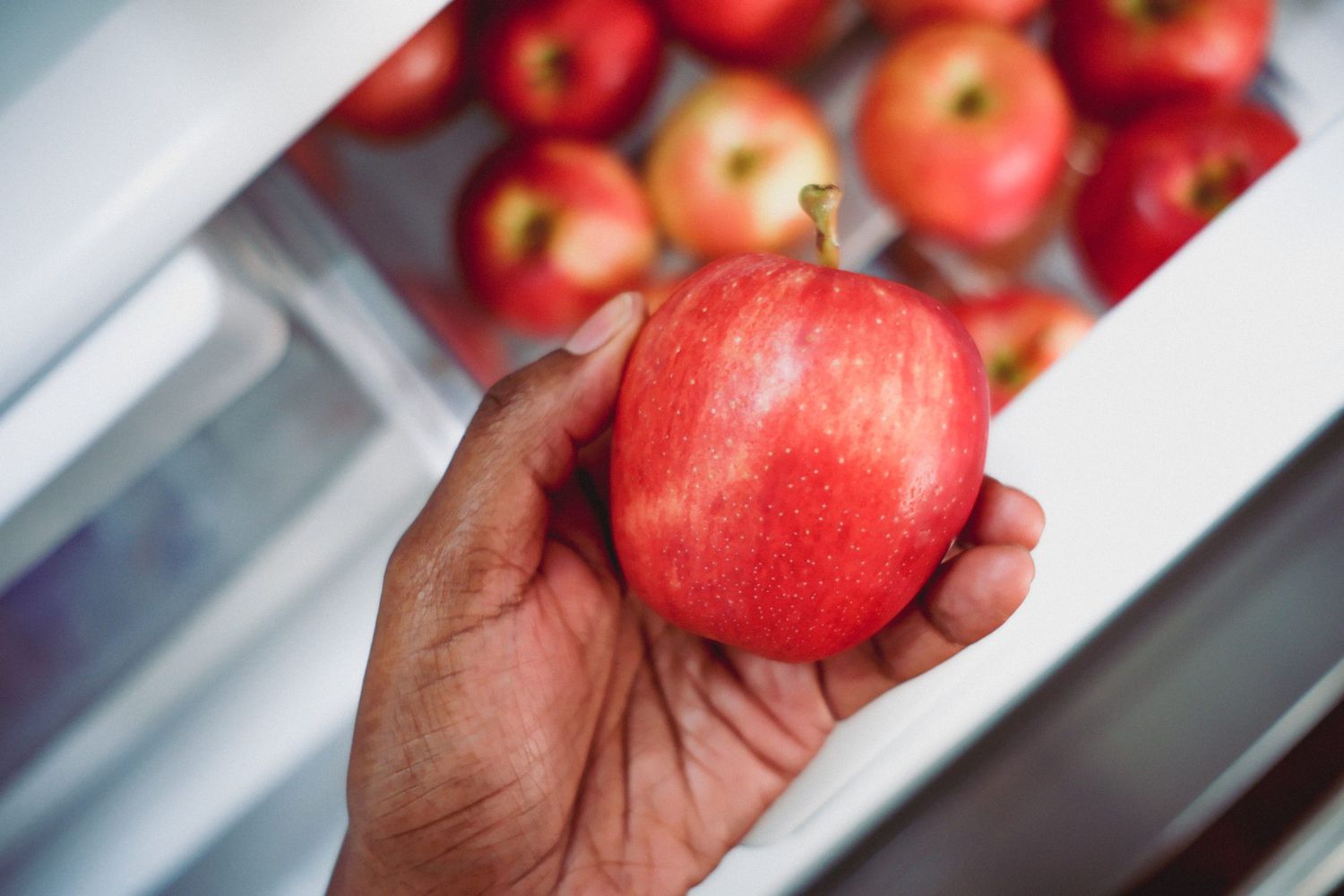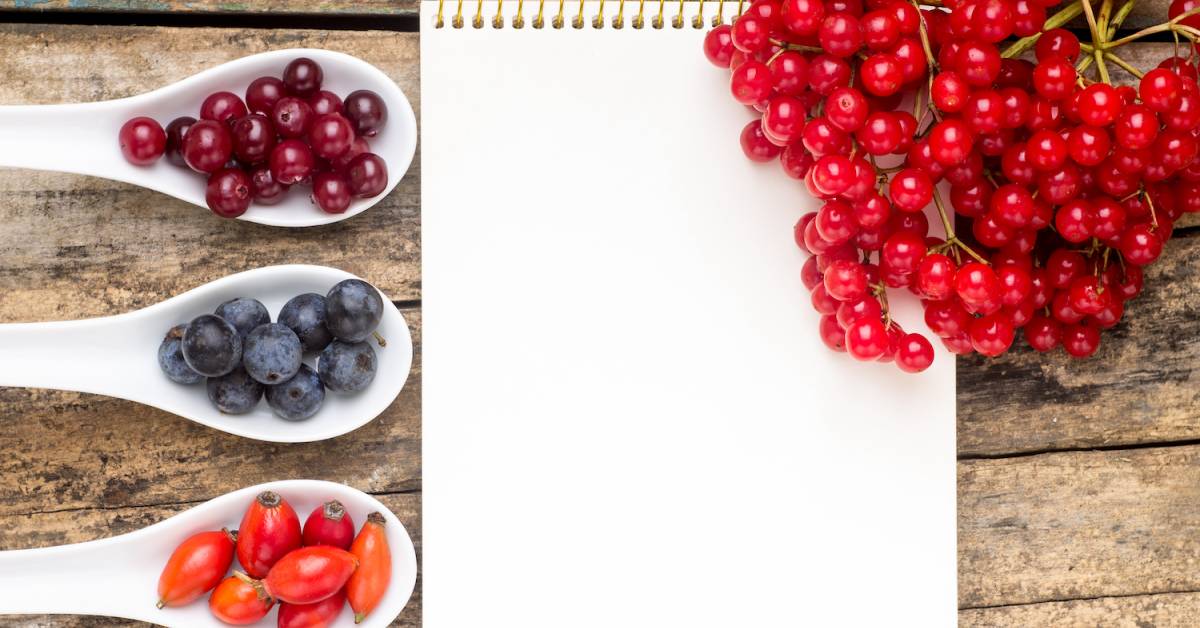Apples are one of the most popular fruits in the world, and for good reason. They are delicious, nutritious, and versatile. You can enjoy them raw, cooked, baked, juiced, or dried. You can also use them to make pies, cakes, sauces, jams, cider, vinegar, and more. But how do you store apples so they stay fresher longer? Here are some tips and tricks to help you preserve your apples and extend their shelf life.
Table of Contents
ToggleChoose the right apples
Not all apples are created equal when it comes to storage. Some varieties are more suitable for long-term storage than others. In general, you want to look for apples that are firm, crisp, tart, and thick-skinned. These apples tend to have a longer shelf life and retain their flavor and texture better than soft, sweet, and thin-skinned apples. Some examples of good storage apples are Granny Smith, Fuji, Rome, Pink Lady, Braeburn, Crispin, Gold Rush, Winesap, and Jonathan.
You also want to choose apples that are fresh and in good condition. Avoid apples that have bruises, cuts, soft spots, or signs of decay. These apples will spoil faster and affect the quality of the other apples around them. If you have any damaged apples, use them as soon as possible or discard them.
Store apples in a cool and humid place
Apples love the cold and the moisture. The ideal temperature for storing apples is between 30 and 35 degrees Fahrenheit (-1.1 to 1.7 degrees Celsius), with about 90 percent humidity These conditions will slow down the ripening process and prevent the apples from losing moisture and becoming shriveled or mealy.
The best place to store your apples is in the refrigerator, preferably in the crisper drawer where you can control the temperature and humidity levels. If you don’t have enough space in your fridge or if you have a large quantity of apples to store, you can also store them in a cool and dark place like a basement, garage, or cellar. Just make sure that the temperature does not drop below freezing or rise above 40 degrees Fahrenheit (4.4 degrees Celsius), as this can damage the apples.
Wrap or separate the apples
Apples produce ethylene gas as they ripen, which can speed up the ripening of other fruits and vegetables nearby. To prevent this from happening, you can either wrap each apple individually in newspaper or paper bags or separate them by at least an inch in a box or basket lined with plastic or foil. This will reduce the exposure of the apples to ethylene gas and prevent them from touching each other.
If you wrap your apples in paper, make sure that the paper is not glossy or printed with ink that may leach into the fruit. If you line your box or basket with plastic or foil, make sure that there are some holes or gaps to allow some air circulation.
Check your apples regularly
Even if you follow all the steps above, some apples may still go bad over time. That’s why it’s important to check your apples regularly and remove any rotten ones as soon as possible. A rotten apple can emit more ethylene gas and infect other apples with mold or bacteria.
To check your apples, look for any signs of spoilage such as brown spots, softness, wrinkles, mold, or unpleasant odor. You can also gently squeeze the apple to feel its firmness or tap it lightly to hear its sound. A fresh apple should be hard and sound hollow when tapped.
Here are some queries related to apple storage
- How do you store apples for a long time in the fridge?
- To store apples in the fridge for an extended period, place them in a perforated plastic bag or wrap them individually in paper towels. Keep them in the crisper drawer at temperatures between 32°F and 40°F (0°C to 4°C).
- How are fresh apples stored to prolong their life?
- To prolong the freshness of fresh apples, choose sturdy varieties, keep them cool in the fridge, use perforated plastic bags or paper wrapping, and regularly remove any spoiled apples to prevent decay from spreading.
- Do apples last longer in the fridge or on the counter?
- Apples generally last longer in the fridge due to the cooler temperature and controlled humidity. However, if you plan to consume them within a week, storing them on the counter is also acceptable.
- Do apples stay more fresh in the fridge?
- Yes, apples tend to stay fresher for a more extended period when stored in the fridge. The cool and slightly humid environment of the refrigerator helps preserve their crispness and flavor.
Enjoy your fresh apples
If you store your apples properly, they can last for several weeks or even months . However, they will eventually lose some of their flavor and quality over time. Therefore, it’s best to enjoy your fresh apples as soon as possible or use them for cooking or baking if they start to lose their crispness.
Apples are a great source of fiber, vitamin C, antioxidants, and phytochemicals that can benefit your health . By storing them correctly, you can extend their freshness and enjoy their benefits for longer. Happy apple season!













